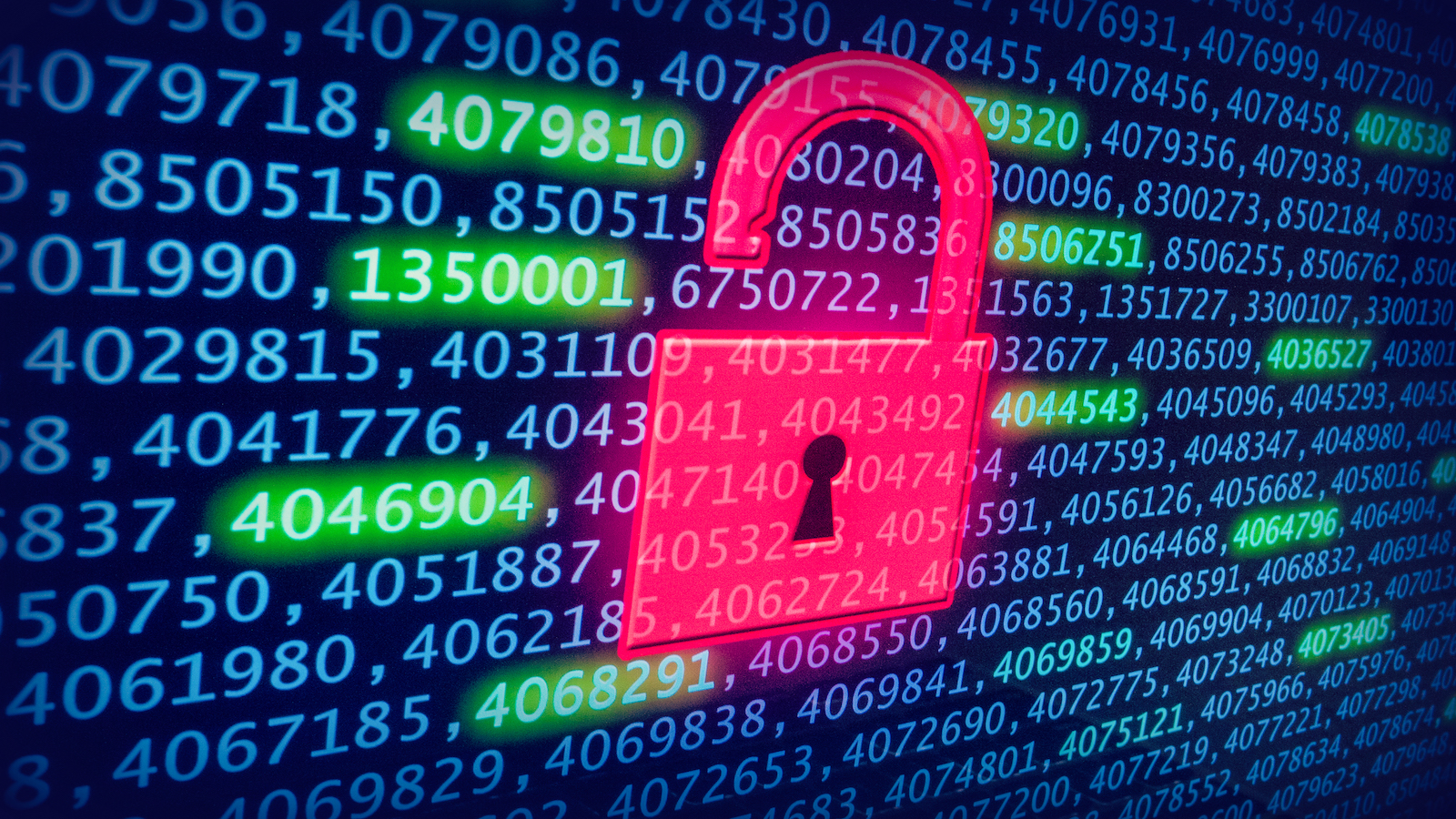7 Easy Ways to Get Your Identity Stolen
Worried a hacker or criminal might steal your identity? Here are 7 dumb ways people carelessly hand over their private personal information.

Let's face it — protecting your identity from thieves gets harder by the day. The moment you give your personal information to another entity — a bank, the DMV or even a medical provider — you give up control over that information and how it might be used.
According to the Bureau of Justice Statistics, more than 17 million Americans were the victims of some form of identity theft in 2014. Most of those incidents involved fraudulent use of a credit or debit card, but the BJS added that those whose personal information was used to open new accounts were more likely to "experience financial, credit, and relationship problems and severe emotional distress."
MORE: Identity Theft Victim? Here's 6 Things You Need to Do
"Eventually, these organizations with which you entrust your personal information will be breached," said Denis G. Kelly, a Miami-based identity-theft prevention expert and author of "The Official Identity Theft Prevention Handbook" (Sterling & Ross, 2011).
"Heck, even organizations that you don't authorize to have your personal information are breached, such as the credit reporting agencies," Kelly said.
Short of hiding in a closet and using cash only for purchases, every person is at risk of identity theft. That's the sad reality.
We can't control what happens when we willingly share our information with a company or with friends. But too often, we make the identity thieves' job a lot easier by being careless with our personal information, our financial information and our Internet use.
Get instant access to breaking news, the hottest reviews, great deals and helpful tips.
There are several stupid things people do every day that make it easier for thieves to steal their identities. Here are a few.
Mistake No. 1: Accessing the Internet over public or insecure Wi-Fi networks
"While it may be convenient to sip on a latte at Starbucks while reviewing your online bank account, public Wi-Fi is a feeding ground for identity thieves," Kelly said.
Similarly dangerous are open Wi-Fi networks in parks, airports, shopping malls, museums and libraries. Protect yourself from Wi-Fi snoops by installing virtual private network (VPN) software, which will encrypt all Internet traffic on your laptop, smartphone or tablet.
Mistake No. 2: Posting personal information on social media
The more personal details you post on a social media site, the easier you make it for a thief to steal your identity. Think about your Facebook profile, for instance. Do you list your full birth date and year, as well as your childhood hometown? What about your parents' full names?
If so, you've just given a thief enough information to take over your identity without him having to break a sweat.
Mistake No. 3: Carrying your Social Security card in your wallet
If your wallet is stolen with your Social Security card in it, the thief won't just have your money, your driver's license and your credit cards — he'll also have your identity.
Writing down the number on a piece of paper in your wallet is just as risky, as is storing the number on your cellphone. (Stolen cellphones, especially smartphones loaded up with social media and online banking apps, are bonanzas for identity thieves.)
It's better to memorize your Social Security number, and to store the card in a locked safe or safe-deposit box. Similarly, check other ID cards — Medicare cards, for example — to make sure they don't include your Social Security number. If they do, toss those in the safe as well.
Mistake No. 4: Giving your personal information to people who call or email you
That nice-sounding lady calling from the bank says she needs your account number. That official-looking email message from the IRS says the agency needs your Social Security number — won't you please click on this link to do so?
Don't believe them. Organizations dealing with personally identifiable information, especially financial information, rarely send emails or make unsolicited calls.
Don't give your personal information, including credit-card numbers or Social Security numbers, to anyone calling you on the phone or sending unsolicited email messages. You have no way of knowing whether or not that caller is legitimate, or whether than email message came from the purported sender.
If you feel you absolutely must respond, call the institution in question — and make sure you get its number from a phone book.
Mistake No. 5: Throwing away mail, checks and financial documents intact
Thieves are not above going through your trash hoping they'll find your full name and address, bank receipts, credit card statements or even canceled or voided checks. Do the smart thing: Tear up anything with your name on it, and use a shredder for any document with financial information.
Mistake No. 6: Leaving outgoing mail in your mailbox
It's convenient to leave outgoing mail in your mailbox for the mail carrier to pick up. It's also convenient for identity thieves, who raid residential mailboxes looking for bill payments. After all, your personal checks are a jackpot of information.
Do the smart thing — drop off the mail in an official mailbox or take it to a post office.
Mistake No. 7: Letting online retailers save your credit-card number
Almost every store selling things online, from Amazon to your local stops, will offer to save your credit-card number so you won't have to type it in next time.
"It is convenient, but also puts you in jeopardy if they are hacked," said Steven J.J. Weisman, a Boston-area lawyer and college professor at Bentley University in Waltham, Mass. "And they will be hacked."
Don't be among the victims the next time a huge data breach happens. Decline the online retailers' offers, and type in your credit-card number every time.
- 10 Simple Steps to Avoid Identity Theft
- How a Virtual Private Network Can Boost Your Security
- 10 Facebook Privacy and Security Settings to Lock Down
Follow us @tomsguide, on Facebook and on Google+.
